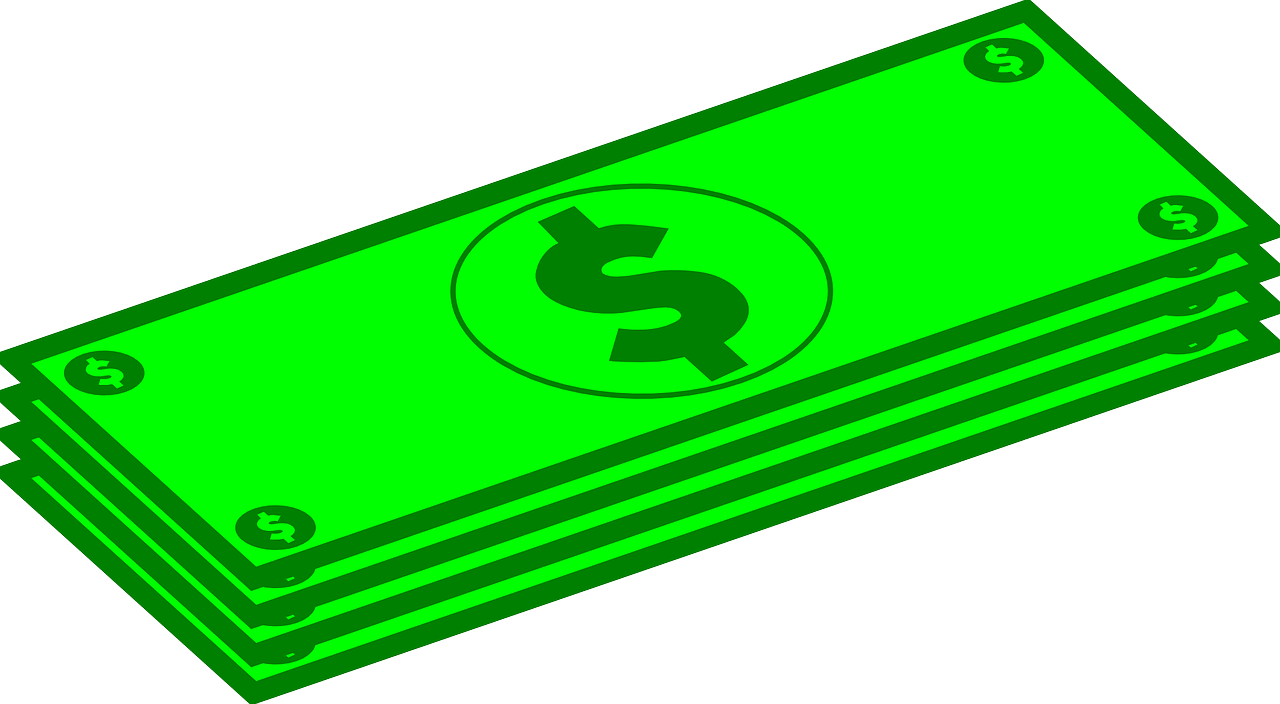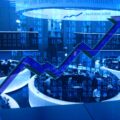A Surge in Commodities Trading Predicted By Investors As Supercycle Kicks In

Professional investors predict that commodity trading will increase in the next 12 months since the commodity supercycle has started taking effect.
Research by a trading platform suggests that 84% of Commodity trading is expected to pick up next year and is expected to increase significantly by 29%.
The prime factor is that 81% of investors think the market’s entering a supercycle of commodity trading higher than the long-term price trend of decades.
Professional investors, including hedge funds, asset managers, institutional investors, fund managers, and IFAs are indicating prosperity in government spending globally. Also pointing that as the economy retrieves from the COVID-19 pandemic, public spending around the world has become the cause of the commodity supercycle.
80% of investors stress government spending as the reason for the supercycle while 77% reason that environmental proposals are pushing up commodity prices. There is 66% of the lot that believes China’s strong demand to be driving the supercycle. 53% think the dollar is weak, and 29% think low-interest rates are the reason.
Approximately one-third (32%) believe that industrial metals will experience the largest price increase next year. Nonetheless, 27% believe that precious metal prices will surpass all emerging as the biggest prize winners. According to a study, metals benefit the most, which allows traders to profit through a simplified three-stroke selection process.
Conversely, 22% believe that oil prices will rise the most while 13% predict prices of natural gas to rise sharply. Agriculture has been called the best sector by 7% of the business forecasting pool.
According to the Chief Executive Officer of CloseCross, Vaibhav Kadikar there’ll be a surge in commodity trading over the next twelve months. It is also suggested that forecasts of the commodity supercycle are attracting more and more interest from the market.
Professional investors have a different opinion with regard to which products will have the biggest price increases during the year ahead. It is also difficult for retail investors to predict which industries may benefit.
While oil prices are in turmoil after the ineffective OPEC+ talks it is expected the situation will not remain the same for long. Overall commodities from oil to steel have been witnessing a price surge. Given that the world economies are rebounding it is yet to be seen how much further the boom will run.
The commodity boom has made the central bank worry about inflation for the first time since pre-crisis years before 2008. The demonstration will also have political significance. With the return of the oil prices at US$75 per barrel, Saudi Arabia and Russia have resumed their control in the global energy market. This was a significant return after negative prices more than a year ago. For policymakers responding to the climate crisis, prosperity is also bad news since rising raw material prices will make change more expensive.




















